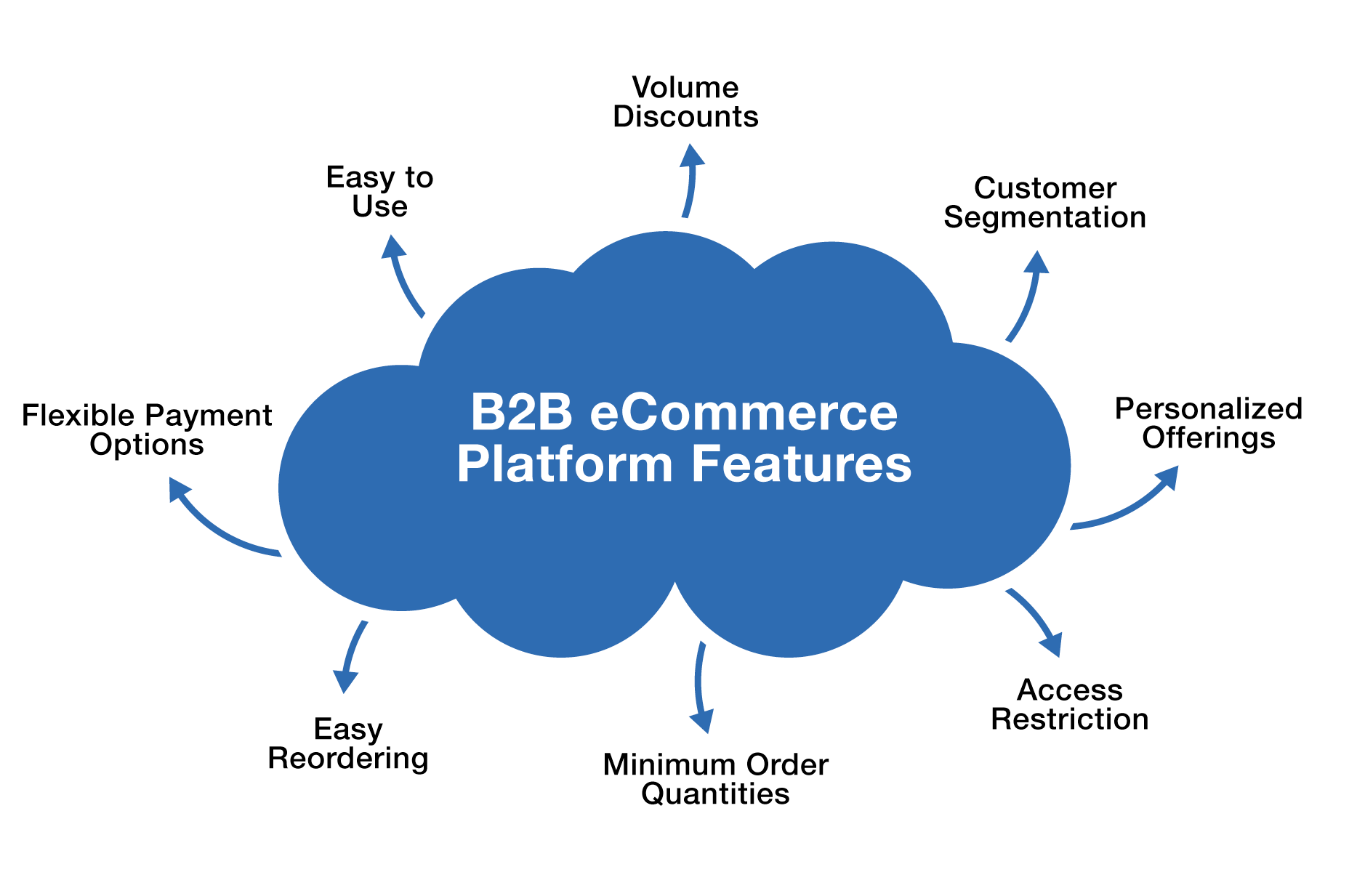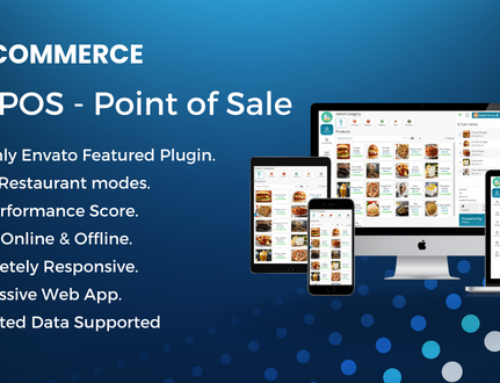Martvill – A Global Multivendor E-commerce Platform to Sell Anything
E-commerce has become an integral part of our lives. With the rise of online shopping, it has become easier than ever for individuals and businesses to reach a global customer base. One such platform that has gained significant popularity is E-commerce, a global multivendor e-commerce platform that allows sellers to sell anything to a vast audience.
E-commerce provides a user-friendly and feature-rich environment for sellers to showcase and sell their products. The platform is designed to cater to various types of sellers, including individuals, small businesses, and large enterprises. It offers a seamless experience for both sellers and buyers, with robust features and functionalities that ensure a smooth transaction process.
One of the key advantages of E-commerce is its global reach. With a wide network of buyers from different corners of the world, sellers on E-commerce can tap into a diverse customer base. This global exposure opens up new opportunities for businesses to expand their reach and increase sales. Moreover, E-commerce provides localized support and multiple language options, ensuring that sellers can effectively communicate with their customers regardless of their geographical location.
E-commerce’s multivendor model allows sellers to create their own storefront within the platform. Sellers have the freedom to customize their store’s appearance, upload product images, and provide detailed descriptions. This flexibility enables sellers to showcase their brand identity and create a unique shopping experience for their customers. Additionally, E-commerce offers various marketing tools and promotional features to help sellers increase visibility and attract potential buyers.
Security is a paramount concern in online transactions, and E-commerce addresses this by implementing robust security measures. The platform ensures secure payment processing, protecting both buyers and sellers from fraudulent activities. E-commerce also provides dispute resolution mechanisms to handle any conflicts that may arise between buyers and sellers, ensuring a fair and transparent environment for all parties involved.
Another notable feature of E-commerce is its comprehensive analytics and reporting system. Sellers can access detailed insights into their store’s performance, including sales data, customer behavior, and marketing campaign effectiveness. This data-driven approach allows sellers to make informed decisions and optimize their strategies to maximize sales and profitability.
E-commerce’s mobile-friendly interface and dedicated mobile app further enhance the user experience. With the increasing use of smartphones for online shopping, having a mobile presence is crucial for sellers to capture the attention of on-the-go customers. The app enables sellers to manage their stores, track orders, and engage with customers conveniently from their mobile devices.
Customer support is another aspect where E-commerce excels. The platform provides 24/7 customer support to assist sellers with any queries or issues they may encounter. E-commerce’s support team is well-equipped to handle technical difficulties, payment inquiries, and any other concerns that sellers may have, ensuring a smooth and hassle-free experience.
Function
E-commerce is a global multivendor e-commerce platform that provides individuals and businesses with a comprehensive platform to sell a wide range of products. With its user-friendly interface and robust features, E-commerce offers a seamless selling experience and enables sellers to reach a vast customer base. In this article, we will explore the various functions of E-commerce and how they contribute to creating a thriving online marketplace.
-
User Registration and Profile Creation:
One of the primary functions of E-commerce is to allow users to register and create their profiles. Sellers can sign up on the platform and provide essential details such as their business information, contact details, and product categories. This helps in establishing a credible presence and enables buyers to trust the sellers.
Once the registration and profile creation processes are complete, users can access the platform with their login credentials and enjoy a personalized experience based on their profile information. This can include features such as customized content recommendations, targeted advertisements, personalized settings, social interactions, and more.
-
Product Listing and Management:
E-commerce provides a comprehensive product listing and management system. Sellers can easily create listings for their products, including detailed descriptions, images, pricing, and other relevant information. They can also manage their inventory, update product availability, and monitor sales performance.
Product Listing and Management refers to the process of creating, organizing, and maintaining a comprehensive inventory of products for sale in a business. It involves the systematic arrangement of product information, pricing, and other relevant details to make them accessible to customers and facilitate effective sales and marketing efforts.
-
Multivendor Functionality:
E-commerce’s multivendor functionality allows multiple sellers to operate within a single marketplace. This feature promotes healthy competition, offers customers a wide variety of products, and helps sellers to gain exposure to a larger customer base.
Multivendor functionality refers to the capability of a system or platform to support and integrate with multiple vendors or third-party providers. In the context of e-commerce or software platforms, it enables businesses to collaborate with multiple vendors or suppliers, allowing them to offer a diverse range of products or services to their customers.
Multivendor functionality is commonly found in e-commerce marketplaces, where multiple sellers can register and sell their products through a single platform. It provides a centralized platform for customers to browse and purchase products from different vendors, creating a convenient and diverse shopping experience
-
Secure Payment Processing:
To facilitate secure transactions, E-commerce integrates various payment gateways, ensuring that buyers can make payments conveniently and sellers receive their earnings promptly. The platform employs robust security measures to protect sensitive financial information, fostering trust and confidence among users.
Secure payment processing refers to the methods and practices employed to ensure the confidentiality, integrity, and authenticity of financial transactions conducted over various payment channels, such as online platforms, mobile devices, and point-of-sale (POS) systems. The goal is to protect sensitive payment information, such as credit card details, personal identification numbers (PINs), and banking credentials, from unauthorized access or fraudulent activities.
-
Order and Shipping Management:
E-commerce streamlines the order management process for sellers. Sellers receive notifications for new orders and can efficiently process and fulfill them. The platform also provides shipping integration options, enabling sellers to choose their preferred shipping providers and track shipments to ensure timely delivery.
Order and shipping management refers to the processes and activities involved in handling customer orders, ensuring timely fulfillment, and managing the shipment of goods to customers. It is a crucial aspect of business operations, particularly in e-commerce and retail industries, where efficient order processing and timely delivery are essential for customer satisfaction.
-
Ratings and Reviews:
E-commerce incorporates a ratings and reviews system to encourage transparency and build trust between buyers and sellers. Customers can provide feedback and rate their purchasing experience, helping other buyers make informed decisions. Positive reviews and high ratings enhance a seller’s reputation, leading to increased sales.
-
Marketing and Promotion:
To help sellers expand their customer reach, E-commerce offers various marketing and promotion tools. Sellers can utilize features such as discounts, coupons, and promotional campaigns to attract potential buyers and encourage repeat purchases. E-commerce also provides analytics and insights to track the effectiveness of marketing efforts.
-
Seller Analytics and Reporting:
E-commerce provides comprehensive analytics and reporting features that allow sellers to analyze their sales performance, customer behavior, and other key metrics. This data enables sellers to make informed business decisions, identify areas for improvement, and optimize their selling strategies.
-
Responsive Customer Support:
E-commerce recognizes the importance of responsive customer support in ensuring a positive user experience. The platform offers various support channels, including email, live chat, and phone support, to address seller queries, concerns, and technical issues promptly.
-
Mobile-Friendly Interface:
With the growing popularity of mobile devices, E-commerce ensures a mobile-friendly interface that provides a seamless buying and selling experience on smartphones and tablets. This mobile optimization enables sellers to cater to a larger audience and allows buyers to shop conveniently on the go.
-
Global Reach and Localization:
E-commerce’s global reach allows sellers to target customers from different regions and countries. The platform supports multiple languages, currencies, and shipping options, facilitating localization and enabling sellers to expand their businesses internationally.
-
Seller Education and Resources:
To support sellers in their entrepreneurial journey, E-commerce offers educational resources, guides, and tutorials. These resources provide valuable insights into effective selling techniques, marketing strategies, and tips for optimizing product listings. By empowering sellers with knowledge, E-commerce fosters their growth and success.
E-commerce serves as a comprehensive multivendor ecommerce platform that empowers sellers to sell a wide range of products to a global customer base. With its user-friendly interface, secure payment processing, robust order management, and marketing tools, E-commerce creates a thriving marketplace that benefits both sellers and buyers. By offering a suite of features and resources, E-commerce facilitates seamless selling experiences and supports sellers in achieving their business goals.
Conclusion
In conclusion, E-commerce is a global multivendor e-commerce platform that offers a range of benefits to sellers looking to sell anything. With its global reach, customization options, robust security measures, comprehensive analytics, mobile-friendly interface, and dedicated customer support, E-commerce provides a complete package for sellers to establish and grow their online businesses. Whether you are an individual, a small business owner, or a large enterprise, E-commerce provides the tools and resources to succeed in the ever-expanding world of e-commerce.









